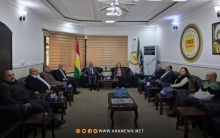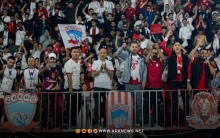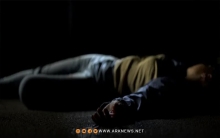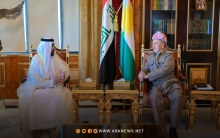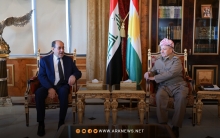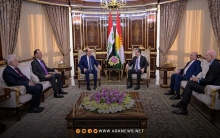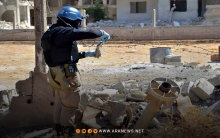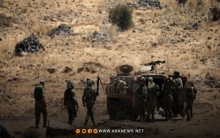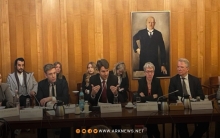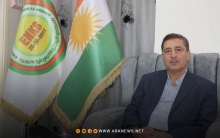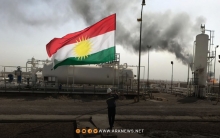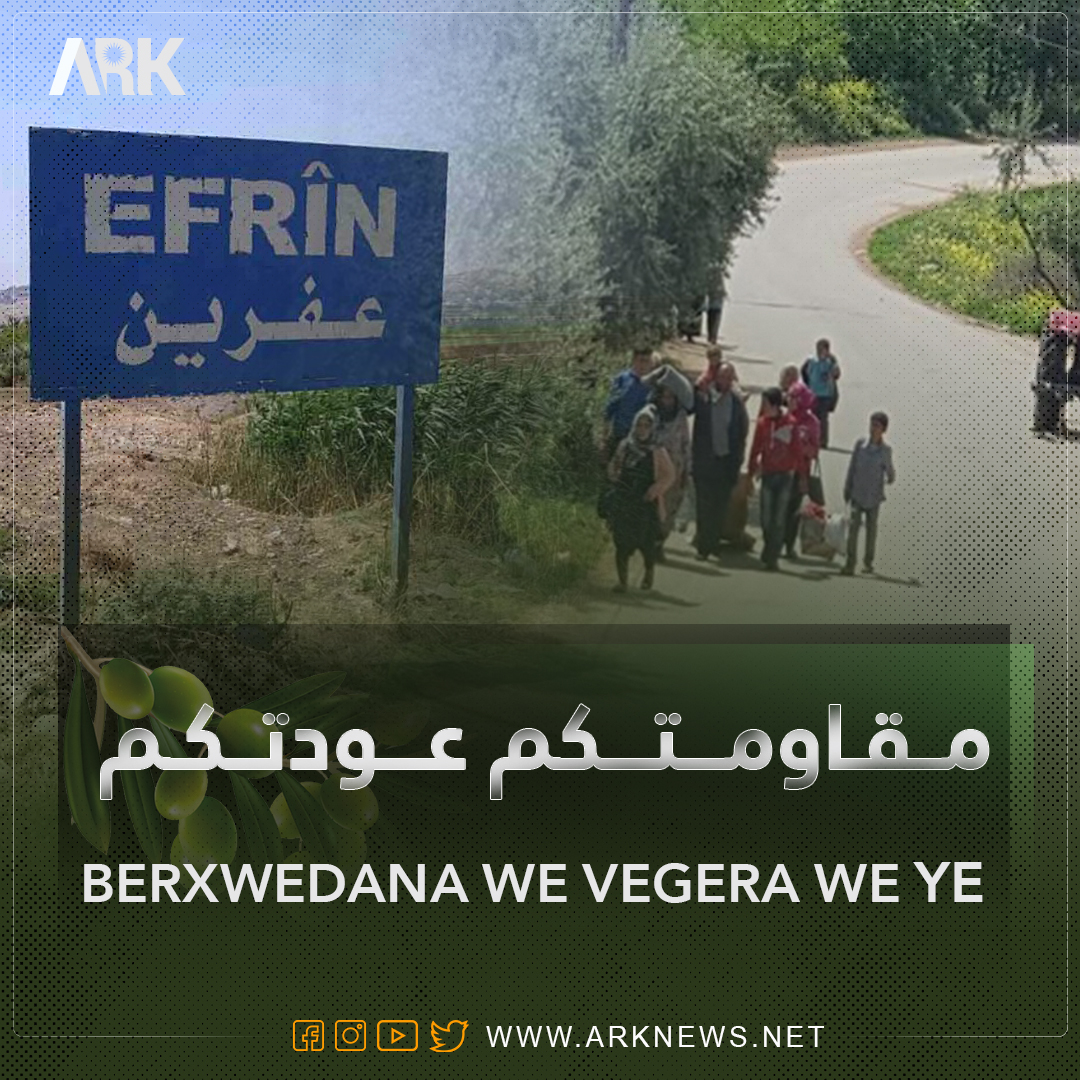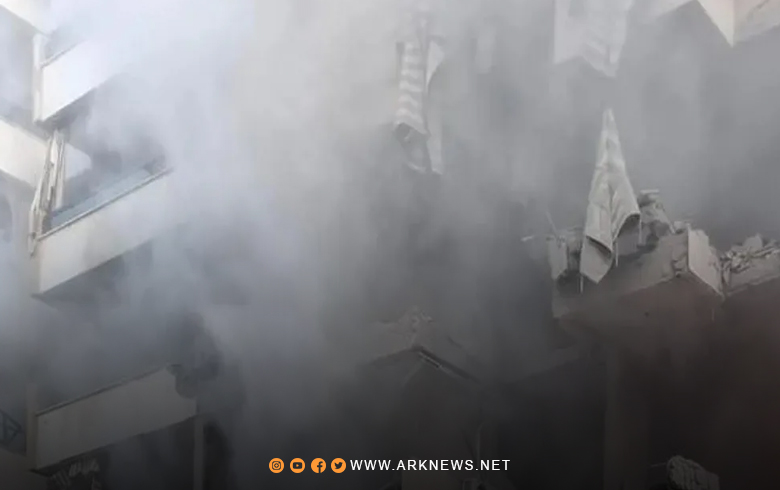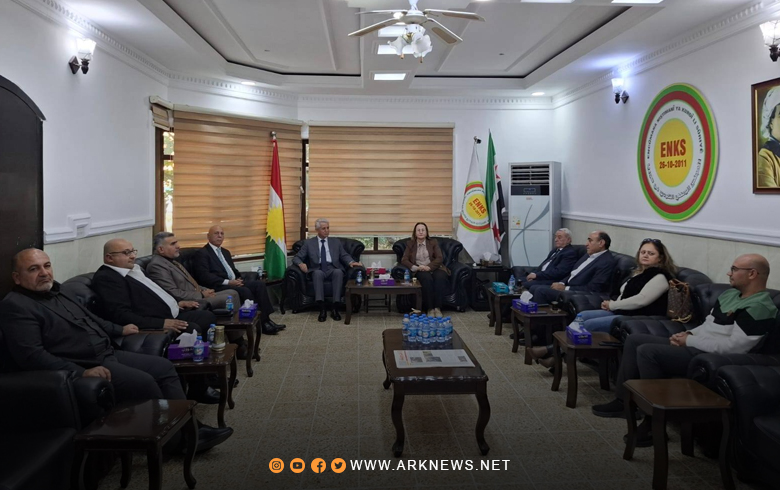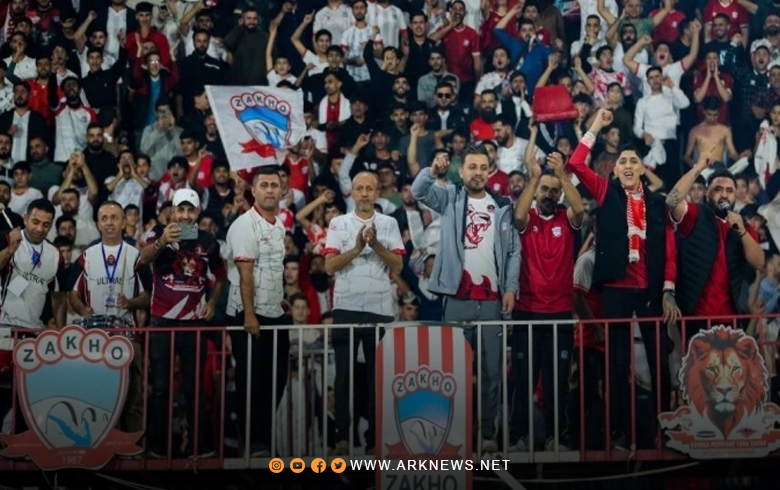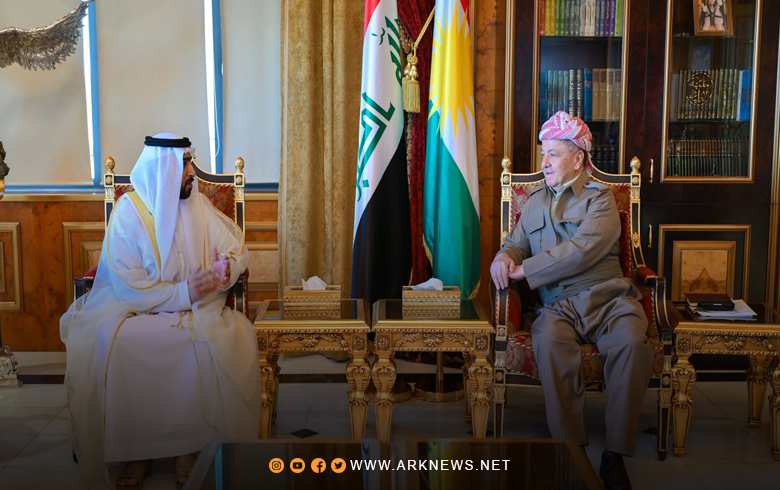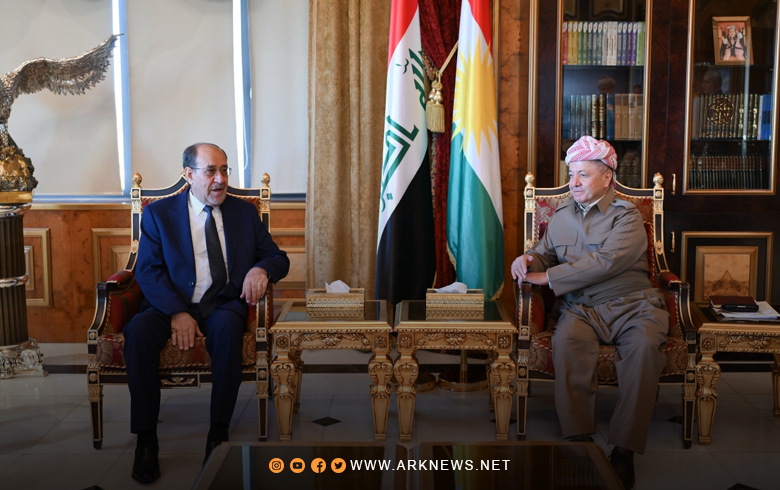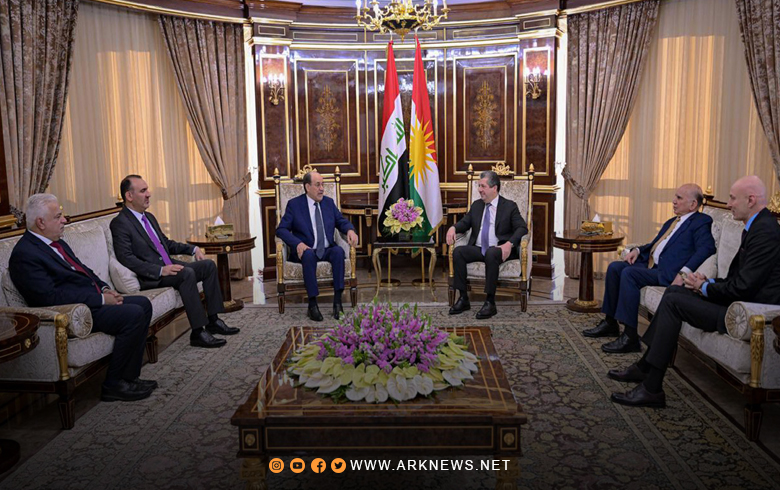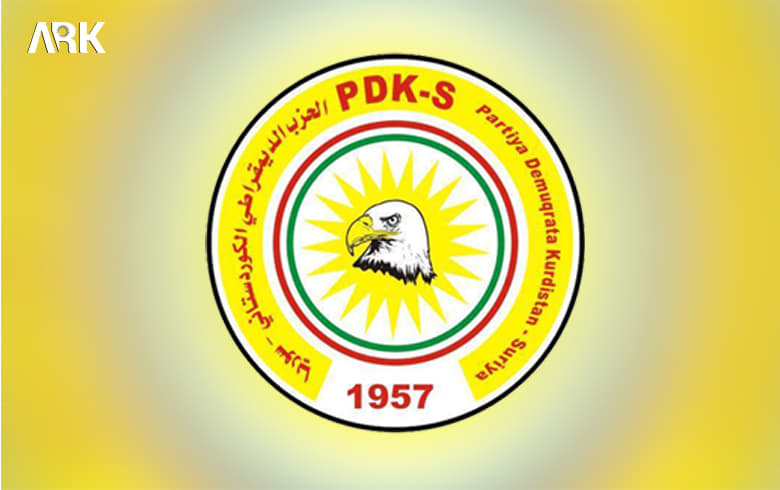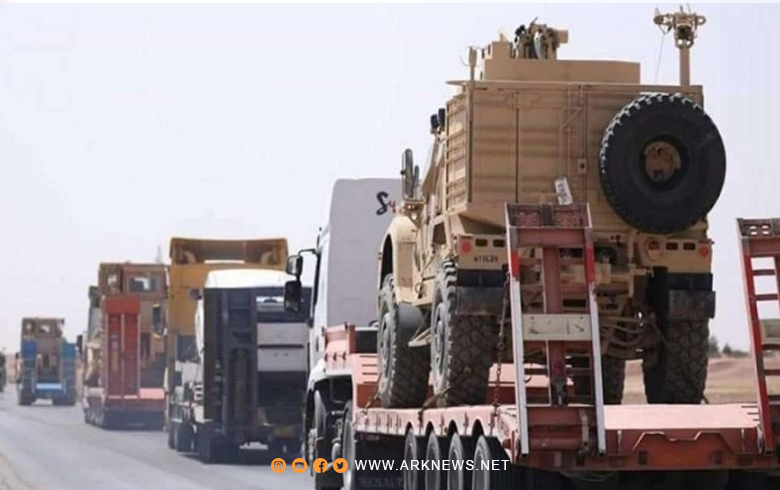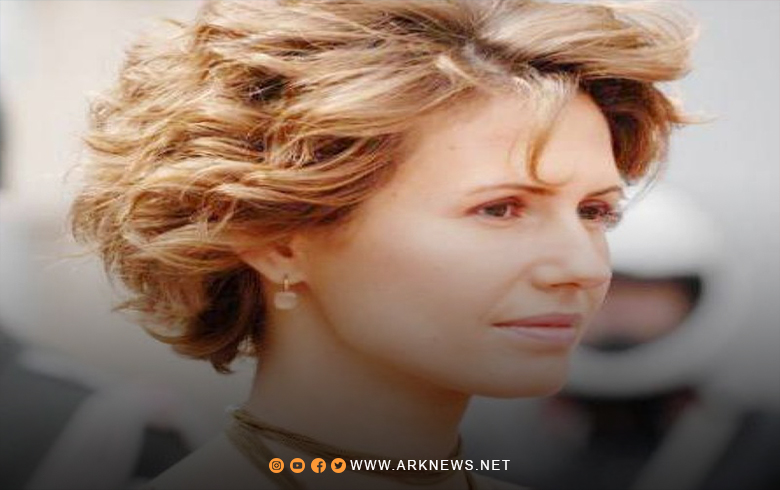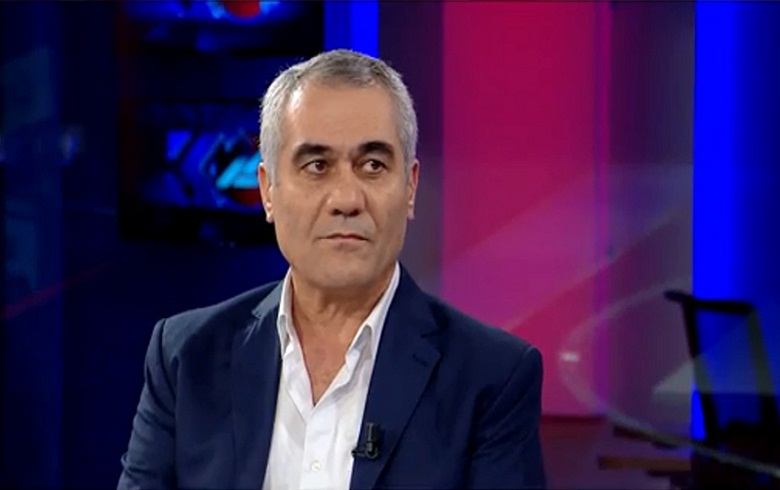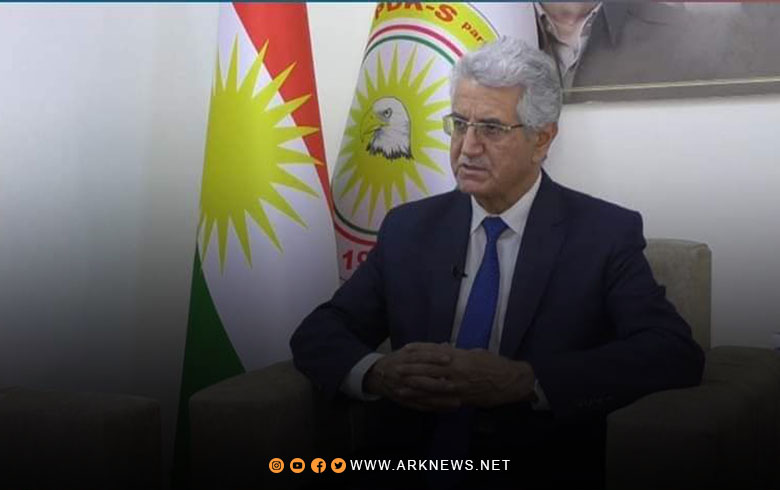
Mohammed Ismail: The Roj Peshmerga Are Sons of Syria, and They Will Eventually Return to It
ARK News.. The Secretary of the Kurdistan Democratic Party–Syria (KDP-S) and President of the Kurdish National Council in Syria (KNC) affirmed that Syrian Kurds care deeply about their national issues, stressing that the Kurdish National Council has a Kurdish national project and will not entrust its cause to anyone.
The Lebanese newspaper Al-Modon conducted an extensive interview with Mohammed Ismail, Secretary of the Kurdistan Democratic Party–Syria, discussing relations with the PYD administration, the Syrian government, and Turkey, as well as issues related to displaced Kurds, their towns and villages, and the educational situation.
Regarding the PYD administration and the nature of relations with it, Ismail said: "In our meetings with the Democratic Union Party (PYD), General Mazloum Abdi acted as the guarantor. We used to discuss matters with him, and he would convey our viewpoint to them. An agreement was reached on a document that outlined the Kurdish vision for the future of Syria and the demands of the Kurdish people. However, unresolved issues remained, which we described as ‘contentious issues’."
The KNC president added: "In the political and administrative fields, we agreed on six out of eight points, while five contentious issues remained. One of these issues was compulsory military service; another concerned education; a third was related to the social contract; the fourth involved separating the PYD from the PKK; and the final and most crucial issue was determining the fate of our detainees."
Ismail explained: "At the time, we agreed that unless these points were resolved, we would not sign any agreement. After the regime fell, we focused on the joint vision and a joint delegation. But the truth is that these points are sensitive and contentious between us and the PYD, and we did not reach an agreement because they do not want one."
Regarding the PYD-administered curriculum and lack of governmental or international recognition, Ismail said: "Kurds live in difficult circumstances concerning the future of their children. The PYD administration, which follows a one-party policy, is trying to use the educational process as a bargaining chip with the central government in Damascus. We held meetings on this matter, particularly since many families migrated from PYD areas to Aleppo and Damascus to secure education for their children."
He continued: "One of our proposals was to allow students to continue their education until an agreement is reached or until a UN curriculum is adopted. But what happened was that students were used as leverage to obtain recognition of university certificates. We are not satisfied with this because it is not in the interest of our people, nor in Syria’s interest as a whole."
"For example, the Kurdistan Region of Iraq is autonomous, yet there are Arabic-language curricula and UN curricula, and people are free to choose. We support keeping education away from political disputes."
Asked whether the “Roj Peshmerga” could return and be incorporated into a national Syrian framework such as the Syrian Ministry of Defense, Ismail replied: "We have discussed the Roj Peshmerga and pointed out that the same international coalition that trained the Syrian Democratic Forces (SDF) also trained the Roj Peshmerga and allocated a budget for them. In my view, the Roj Peshmerga — forces trained and organized in the Kurdistan Region of Iraq, who fought ISIS in Iraq, trained and funded by the international coalition, and numbering more than 7,000 according to some estimates — are Syrian Kurdish officers and soldiers who defected from the former regime’s army. They are sons of Syria, and they will eventually return to it."
Ismail said: "We are Syrians and care about our country’s interests, but we focus on our people because of the injustices they suffered. Perhaps we were preoccupied and didn’t issue many statements about other Syrian regions and their hardships, just as others overlooked what we suffered. But we affirm that we are Syrians just as we are Kurdish nationalists, and we will not constitute a threat to neighboring countries."
He stressed that the KNC has its own Kurdish national project: "We will not hand our cause over to anyone, and we will not work under anyone. We engage with everyone, but we are responsible for our own cause. We will achieve the aspirations of our people, who made great sacrifices."
Commenting on the performance of the new Syrian government and relations with it, Ismail stated: "At the beginning, we heard statements that inspired optimism, and we reacted positively. But now they procrastinate due to technical issues, and Kurdish rights have not yet been discussed. This creates concern among Kurdish people. But we will not remain idle — we have options, and we have an ancient people who were not crushed by the former regime’s practices. We were the only opposition inside Syria alongside our people, a model of Syrian opposition that challenged the former regime. Therefore, our people will not go backward, and the Kurdish cause will not be erased — Kurds have become a reality in Syria."
He added: "We are not opposition today; our hands are extended for dialogue and negotiation, and our demands are clear. Some of our people affiliated with the SDF are opposition, but we disagree with them regarding their dealings with the Druze in Sweida, the Alawites on the coast, and other matters. We support dialogue and negotiation and have not declared ourselves an opposition. If we were to become opposition, we would work for the Kurdish cause — not for the Druze, with all respect for them and their sacrifices."
Ismail said: "We conveyed our people’s voice within the opposition and explained our cause to the international community, to states influencing the Syrian situation, and to research centers concerned with political matters. Four administrations governed the Kurds: the former Syrian regime, the Salvation Government, the Interim Government, and the PYD administration. The current government is acceptable compared to the others, which practiced corruption. Overall, the current government’s experience is better than previous administrations."
Ismail noted: "The situation in Afrin is better now, with noticeable improvement and displaced families returning to their villages. But the situation is different in Sari Kani and Gire Spi. For example, in Sari Kani, out of 60,000 original residents, only about 40 Kurds remain. People have taken over displaced families’ homes and shops. Their return is tied to political tensions and bargaining, because of ongoing disputes between Turkey and the SDF."
He added: "We as Kurds welcome the unification of our stance and remain open to negotiations. We expressed our dissatisfaction with tensions. We trust that negotiations will lead to a solution, but Turkey has taken no steps in that direction. The peace process between Turkey and Abdullah Ocalan is progressing slowly. If there had been progress, it would have positively impacted the situation of the Syrian Kurd. Ultimately, the issue is international and will be resolved — but slowly — and this will undoubtedly reflect on the Kurdish people in Syria."
38


